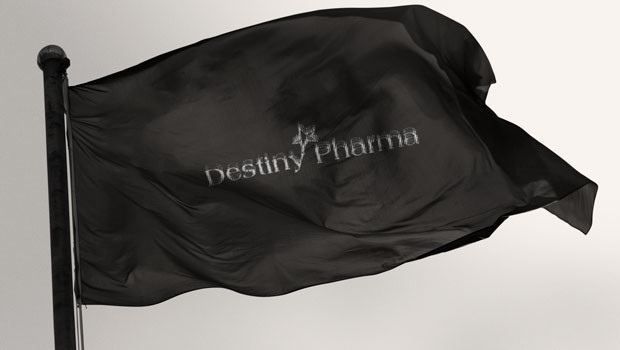Destiny Pharma upbeat on recent study into mupirocin alternative

Destiny Pharma
3.00p
16:35 12/08/24
Clinical-stage biotechnology company Destiny Pharma said on Monday that a major US hospital-based clinical trial lent “strong support” for the potential of its ‘XF-73’ nasal product as an alternative to mupirocin in the treatment of Staphylococcus aureus infections.
FTSE AIM All-Share
728.67
15:45 15/11/24
Pharmaceuticals & Biotechnology
19,259.77
15:45 15/11/24
The AIM-traded firm said the phase 4 study was the largest-ever of its type, with more than 300,000 patients involved in exploring the link between S. aureus decolonisation and intensive care unit (ICU) infection rates.
It said S.aureus remained a “formidable” infection-causing pathogen in ICUs, and was the primary bacterial pathogen causing ICU infections in the United States, responsible for 23% of all infections, with 44% of them caused by the multi-antibiotic resistant strain, MRSA.
The study, dubbed the ‘Swap Out Trial’, was a four-year project led by hospital infection expert Professor Susan Huang of the University of California Irvine School of Medicine, in coordination with Healthcare Corporation America and support from the US Government's Centers for Disease Control and Prevention (CDC).
Destiny said the study evaluated more than 300,000 patients in 233 US intensive care units, and compared levels of infection after the use of the current leading treatment, the nasal decolonisation antibiotic ointment mupirocin, against the nasal antiseptic iodophor.
The main conclusion was that overall the nasal antibiotic mupirocin was shown to be superior for the reduction of S. aureus clinical cultures compared to the nasal antiseptic iodophor.
Destiny said the study had positive implications for its novel XF-73 nasal gel, which was being developed as a nasal S. aureus decolonisation medicine, given the issue of mupirocin resistance remained a global concern, and products which were as effective but did not cause antimicrobial resistance were needed urgently.
The company noted that the study indicated that the nasal antiseptic iodophor was not as effective as mupirocin, underlining the “significant market opportunity” for XF-73 as a new medicine for hospitals to help prevent infections in the ICU and the post-surgical setting
It said XF-73 nasal gel had the potential to deliver a target product profile with “significant advantages” over mupirocin, including effective nasal S. aureus decolonisation in 24 hours compared to five days for mupirocin according to the March data from its phase 2 study.
Destiny said XF-73 was also “significantly quicker” at decolonisation, and thus more cost-effective, adding that it is an “ultra-rapid” bactericidal drug with a novel mechanism of action and no propensity for resistance seen to its potent activity against MRSAs.
The company described the product as “easy-to-use”, adding that a low cost of goods would enable pragmatic pricing and easier reimbursement.
Destiny was currently in regulatory discussions concerning the appropriate phase 3 clinical study design to enable marketing approval for XF-73 nasal gel in Europe and the United States.
“This large, multi-year study clearly supports the value of nasal treatment to remove S. aureus and shows yet again the significant interest in improving the efficacy of nasal decolonisation because it is a major contributor to delivering a reduction in post-surgical S. aureus infections,” said chief executive officer Neil Clark.
“Destiny Pharma's XF-73 nasal gel is focussed on delivering a novel decolonisation treatment and following the excellent phase 2 clinical data, reported earlier in 2021, we remain committed to finalising our phase 3 plans and bringing XF-73 to the hospital market to meet this clear and substantial clinical need.
“The company believes strongly that XF-73 has the potential to provide a major step change and improvement in S. aureus decolonisation compared to mupirocin - XF-73 is faster-acting with a broader antimicrobial action.”
Clark said that additionally, XF-73 did not generate resistance, which remained a “major concern” with the continuing use of mupirocin.
At 0859 BST, shares in Destiny Pharma were up 3.77% at 115.7p.